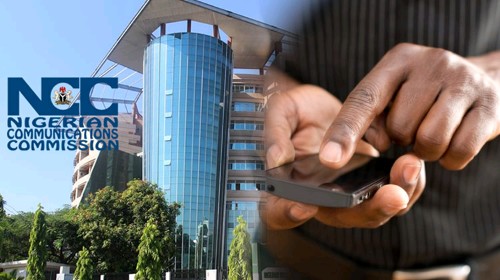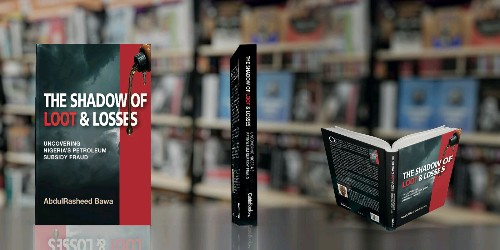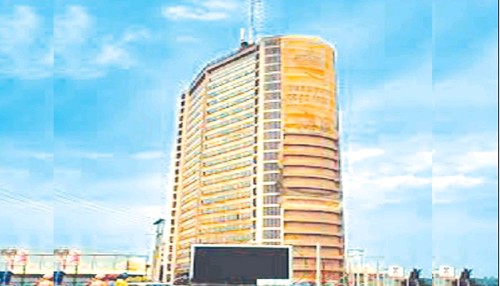BIG STORY
UBA Publishes Names, Account Details Of Individuals Who Got Cheap Dollars With Fake Visas And Tickets
-

 BIG STORY2 days ago
BIG STORY2 days agoRoad To 2027: Coalition Considers Amaechi/El-Rufai Ticket Amid Doubts Over Peter Obi
-
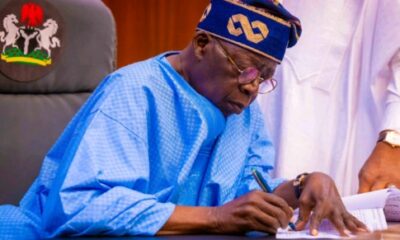
 BIG STORY5 days ago
BIG STORY5 days agoFederal Government Declares Free Tuition, Accommodation, Feeding For Technical College Students
-
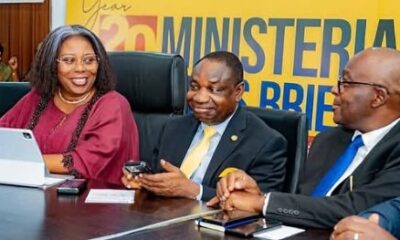
 BIG STORY5 days ago
BIG STORY5 days agoLASG Invests Over ₦8.4 Billion To Support Creative Economy, Tourism, Others In One Year — Commissioner Toke Benson [PHOTOS]
-
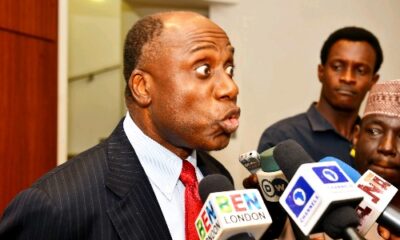
 BIG STORY3 days ago
BIG STORY3 days agoI’m hungry, Says Former Rivers Governor Amaechi After Two And Half Decades Of Active Politics
-
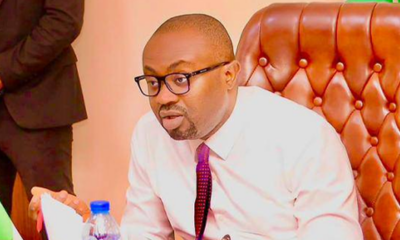
 BIG STORY3 days ago
BIG STORY3 days agoFG Declares 6th, 9th June, 2025 Public Holiday To Mark Eid-Ul-Adha Celebration
-
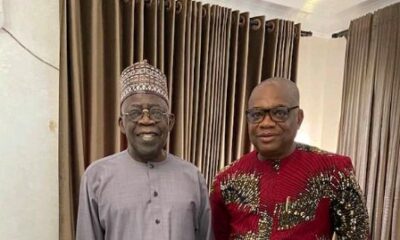
 BIG STORY1 day ago
BIG STORY1 day agoOrji Kalu Asks Tinubu To Sack ‘Some’ Ministers, Security Chiefs’
-

 BIG STORY2 days ago
BIG STORY2 days agoThe Man Who Carried A City: Lanre Alfred Celebrates Sanwo-Olu At 60 With Landmark Book
-
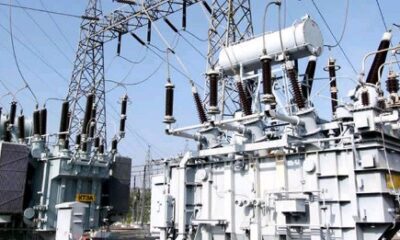
 BIG STORY2 days ago
BIG STORY2 days agoPresidency Moves To Settle N2tn Power Debt





















